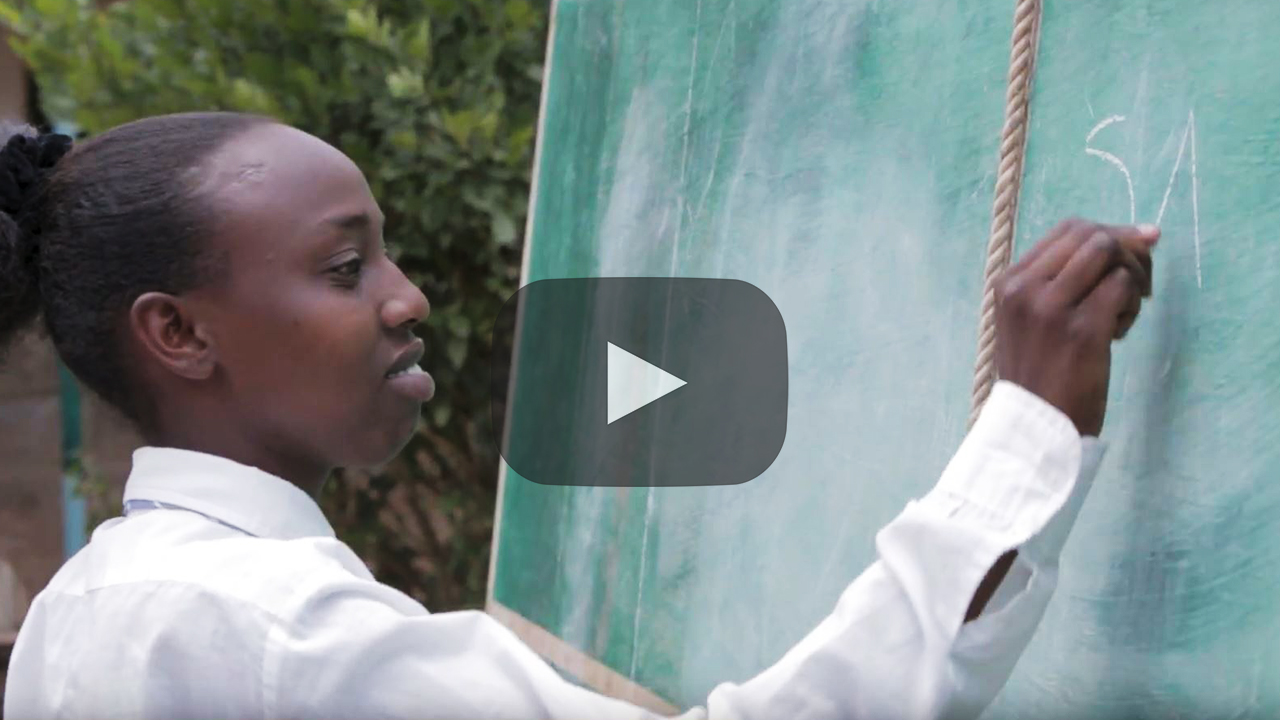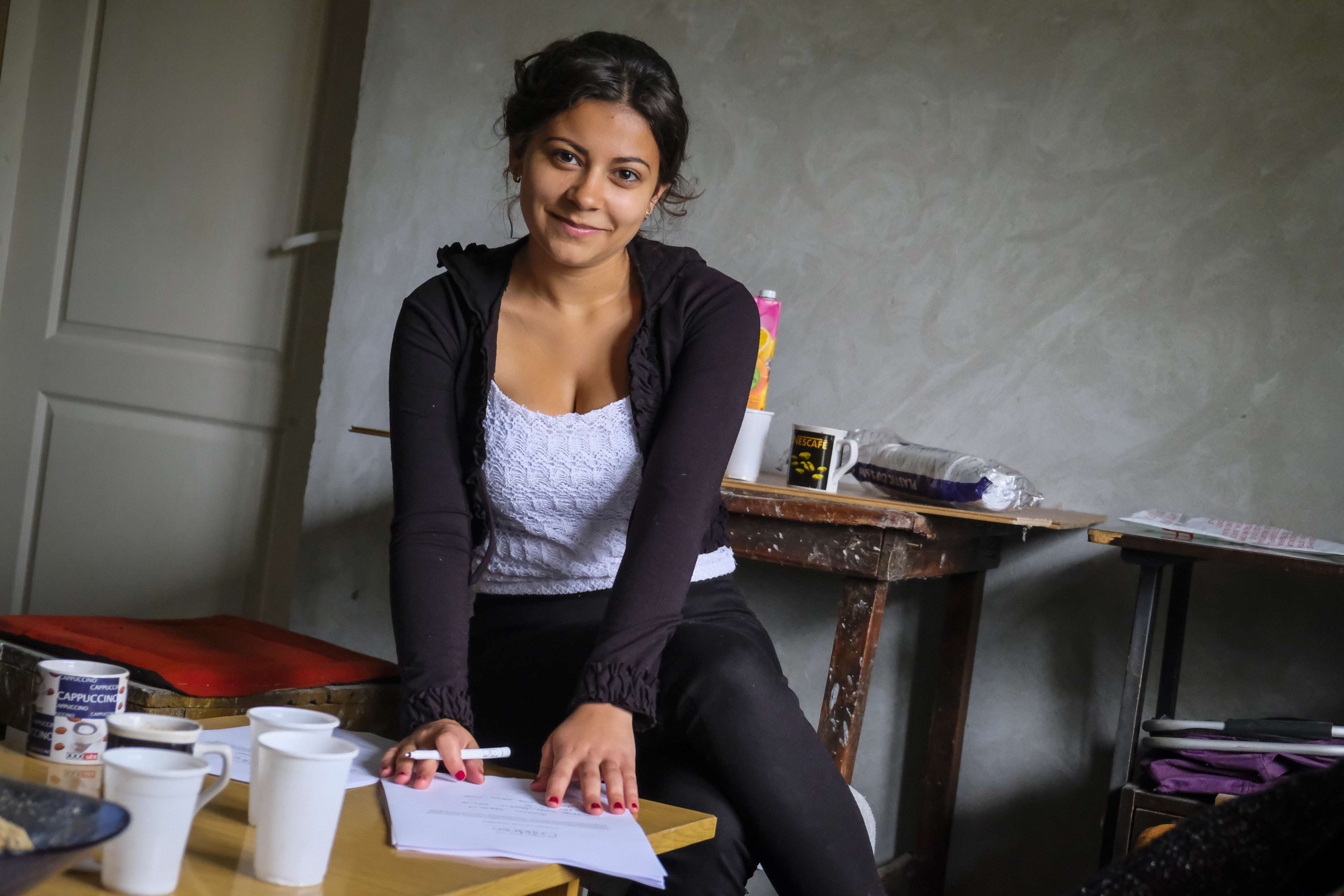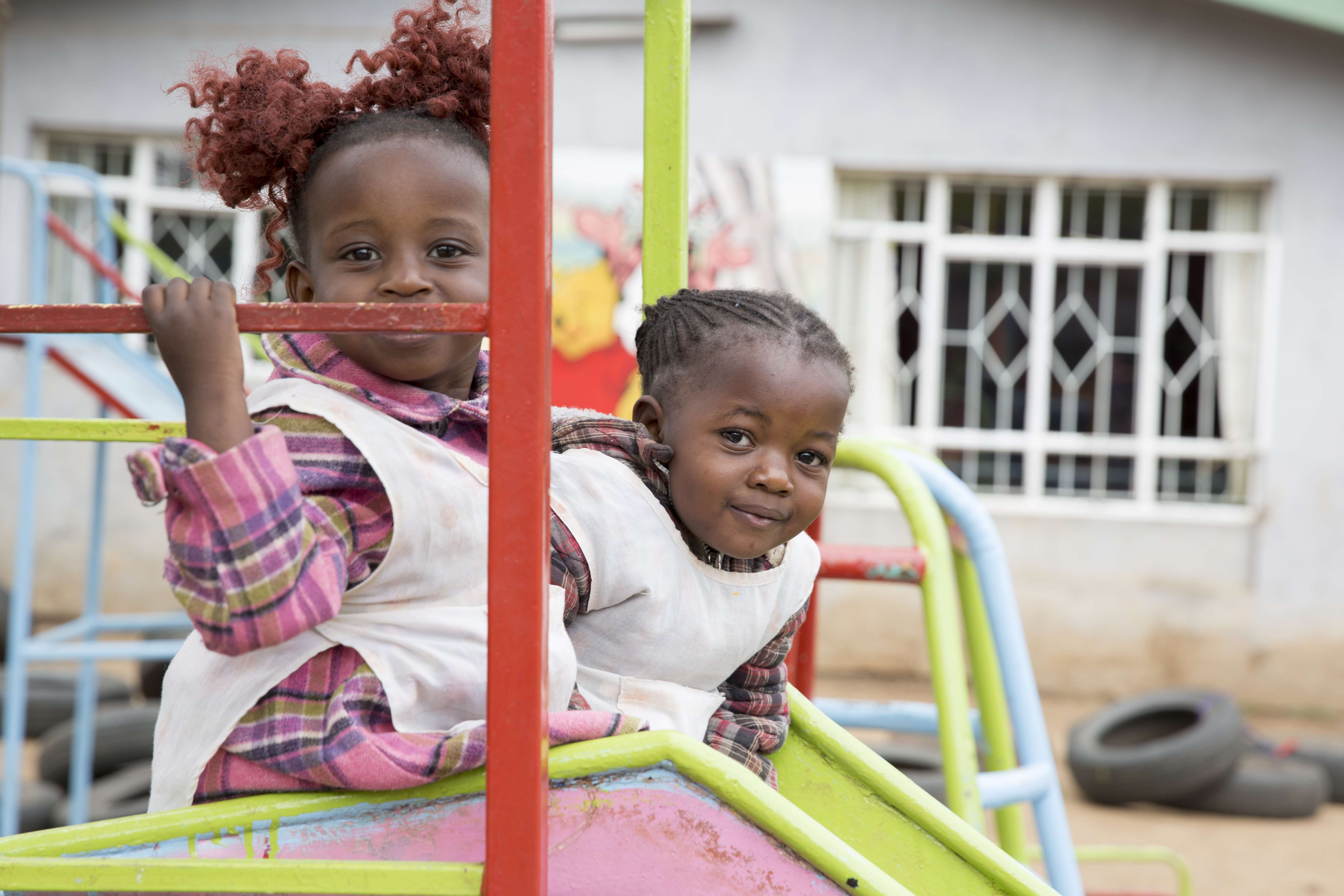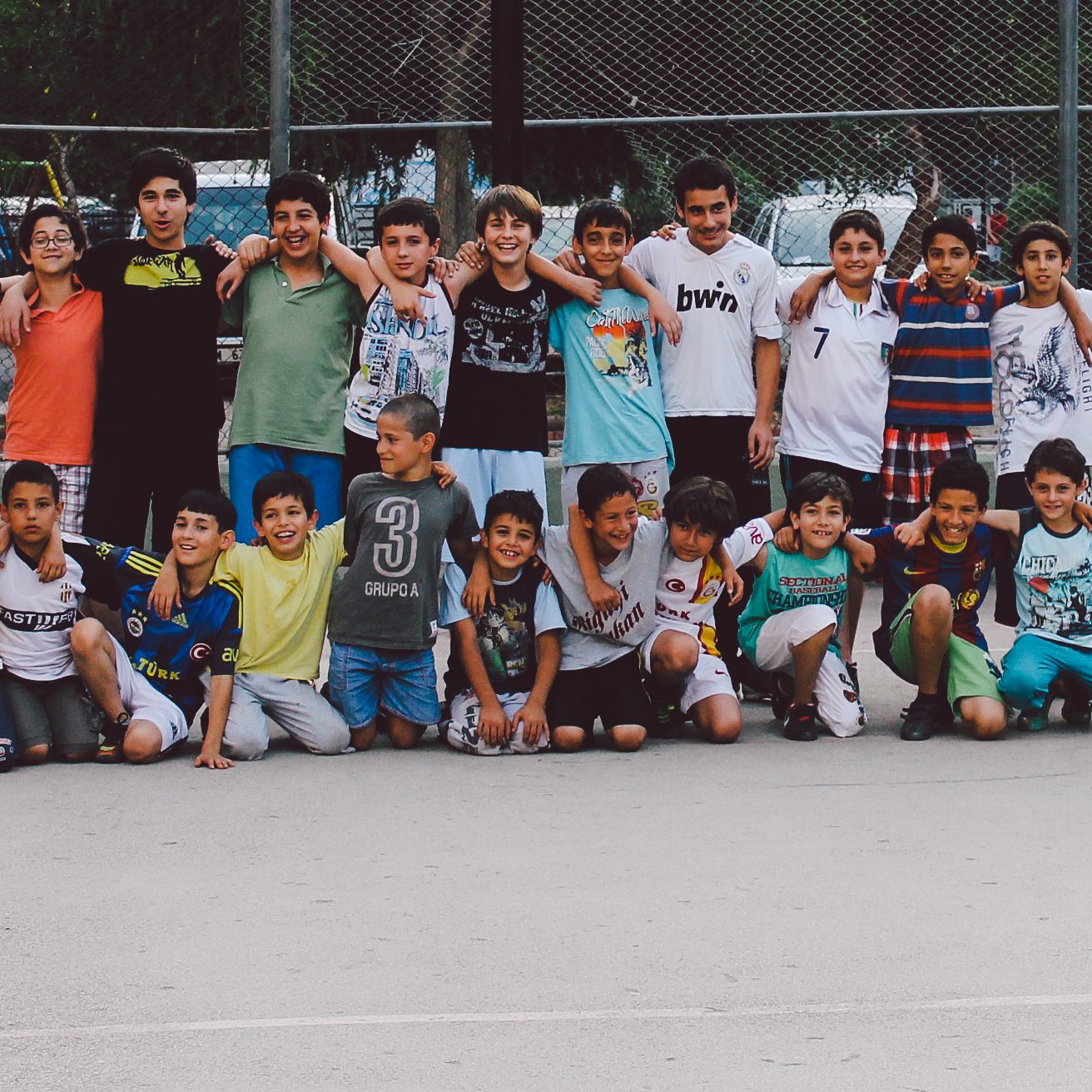In a country where disabilities are highly stigmatized, Global Fund for Children partner Ravenstvo recognizes the power of human relationships, in addition to therapeutic care.
With migration dominating the news, we’ve all heard about children being separated from their parents—whether at the US border, or when they are forced to flee their home countries alone in search of safety. Several GFC partners are working to help these children at numerous points along their journey.
But in other parts of the world, GFC also works with organizations that face almost the opposite situation—parents who are too afraid to let their children leave home at all.
This is the story for many children in the former Soviet Union who are living with disabilities. In much of the region, there is still a significant lack of education about disabilities and stigmatization of those who are living with disabilities.
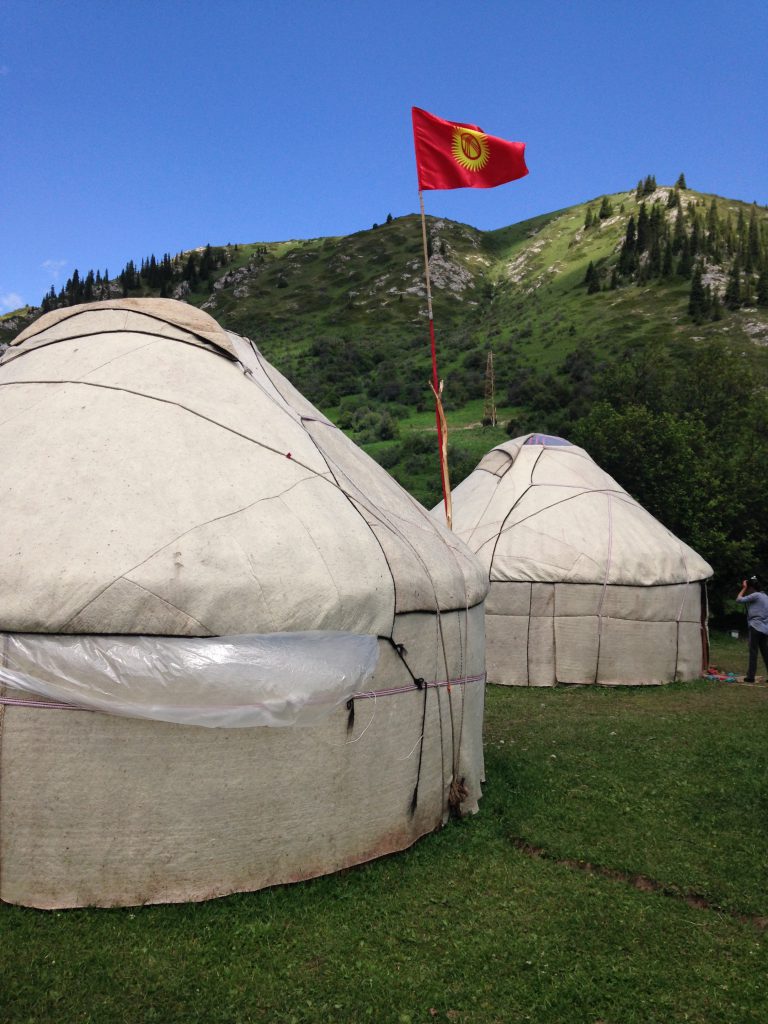
In a former Soviet country like Kyrgyzstan, which is mostly mountains, the situation is even worse. Families in remote mountain villages have very limited access to healthcare and education. If families have children who are born with or who develop disabilities, these families do not know where to turn for information and support.
In many cases, very loving parents keep their children away from the public because they are ashamed or believe that other kids will ridicule their children. These parents are desperate to protect their children, but in so doing they keep them isolated and away from individuals and organizations that may be able to help their kids.
One such organization is GFC partner Ravenstvo (“Equality”), which has been empowering children with disabilities for over ten years. Ravenstvo works hard to convince parents that their children living with disabilities can benefit from many kinds of assistance, including medical and social support.
One tool that Ravenstvo uses to convince parents that they can let their children leave home for a few days are the mountain summer camps, which Ravenstvo has been conducting for many years in the mountains of eastern Kyrgyzstan. I was fortunate to visit one of these camps located along the banks of a mountain river.
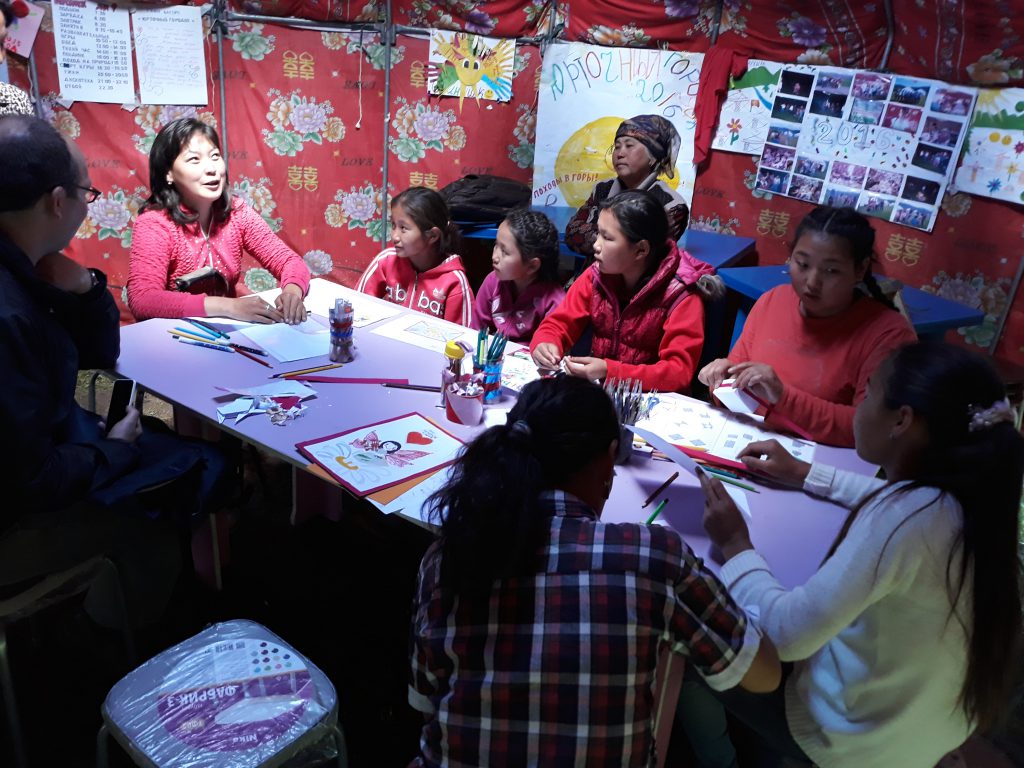
Children at the campsite sleep in traditional, central Asian yurts at night. During the day, they are involved in typical summer camp activities—swimming in the river, horseback-riding (Kyrgyzstan’s original nomadic culture is famous for horseback-riding), playing sports, making crafts, and helping to prepare and clean up after meals.
But what makes these camps special is that they are often the first time that children living with disabilities have met other kids living with disabilities.
At this camp, only girls were attending—apparently the parents of the boys were afraid the nighttime mountain temperatures were still cold for their sons. The girls, on the other hand, had spent the day before I visited them braving the mountain river fed by melting snow!
Most of the girls were teenagers, while a few were in their early twenties. Opportunities like this to relax and make new friends were still extremely rare for young women living with a disability in Kyrgyzstan.
As one of the teenage girls explained to me: “When I am at home, I am all by myself. When I am here, I am with friends.”
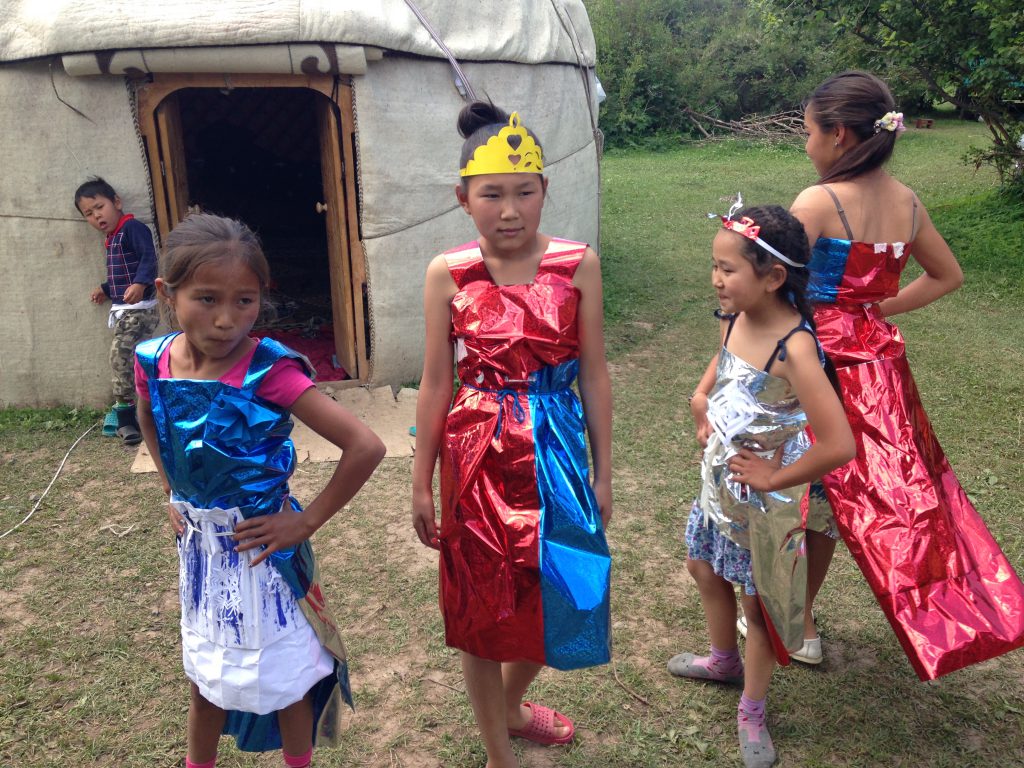
Some of the girls I met had been to the Ravenstvo summer camps two or three times. According to these camp veterans, the camps always end the same way. As they explained: “Everyone is crying and promising to keep in touch with their friends.” Which they do, especially now that there are cheap phone plans throughout the country.
And while Ravenstvo staff are not monitoring teenage girls texting one another, they are trying to make sure that this ten-day camp is not the only engagement these youth will experience during the year.
Ravenstvo’s engagement includes occupational and physical therapy, both at their center in the eastern city of Karakol and during home visits to rural villages. They also offer other chances for children with disabilities to participate in activities such as public festivals and other events. And now, with the help of a GFC Sustainability Award, Ravenstvo just opened a new center in Bishkek, which will improve their ability to connect participants and organizations all over the country.
The new center will serve as both a national coordination center and a temporary shelter for young girls with disabilities who have been turned out of their homes by their families. I also had the chance to visit this center, and though it has been open just a few short months, the apartment feels like home—it is equipped with a wheelchair accessible shower and toilet and other modern amenities for office staff, casual visitors, and girls needing a temporary home to feel safe.
